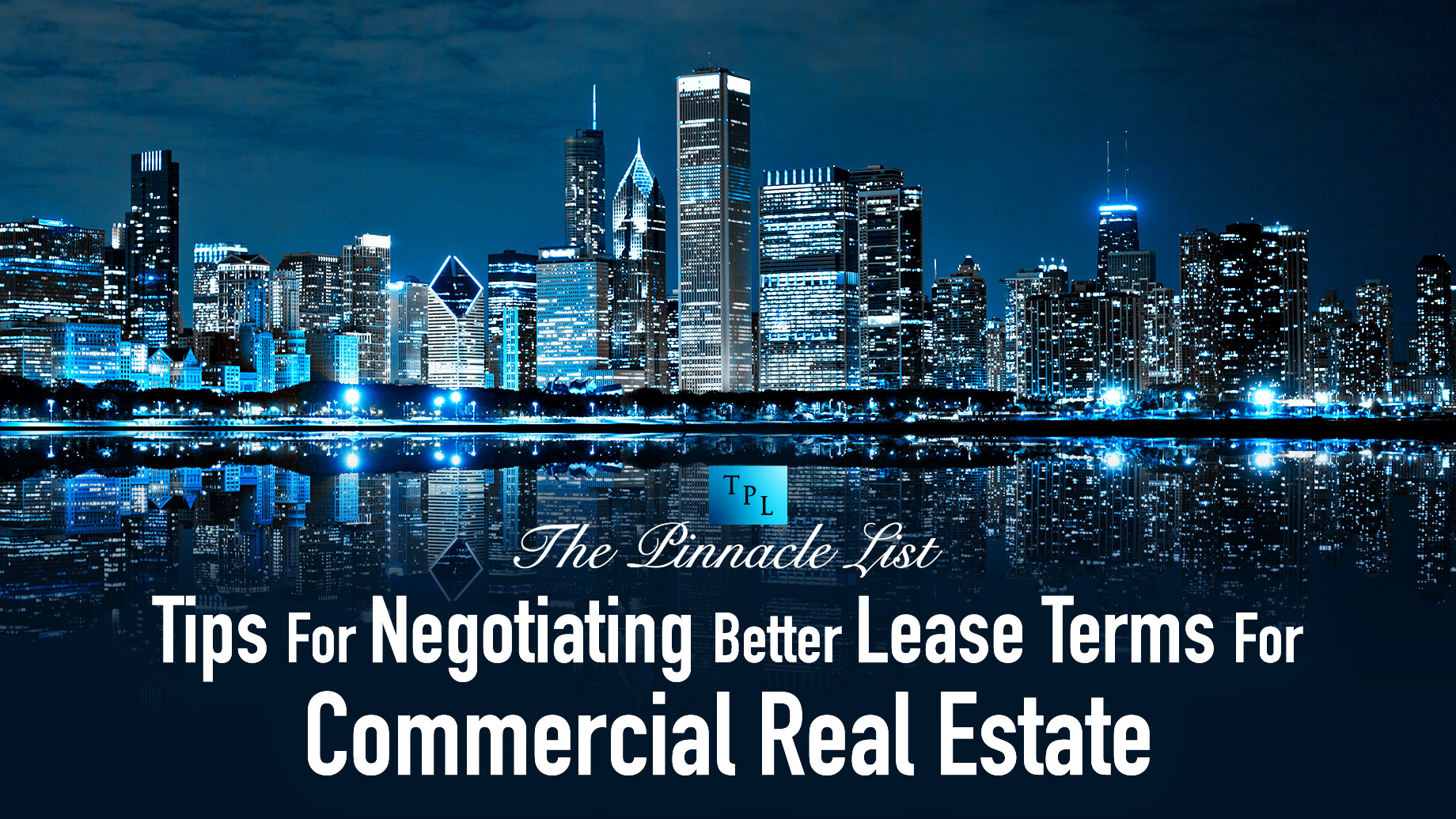
Leasing commercial real estate can be a significant expense for businesses of all sizes, making it crucial to negotiate a lease agreement that is both fair and beneficial for both parties. However, not all lease agreements are created equal, and the terms of each lease can vary widely. In this article, we’ll discuss six essential tips for negotiating better lease terms for commercial real estate.
Tip 1: Know Your Priorities
It is essential that you have a clear idea of what you want to get out of the lease before beginning any discussions. You should begin by developing a list of your priorities, which should include the sort of space you require, the location, the term of the lease, and your financial constraints. If you are aware of your priorities, you will be able to determine which aspects of the negotiation are the most important and where you may be prepared to make concessions. The location of the property could be the most important consideration, for instance, if you need to be in an area with a lot of foot traffic to bring in consumers. On the other hand, if you want to cut expenditures, the length of the lease and the rent might be more relevant considerations to consider.
Tip 2: Research Comparable Leases
It is crucial to research comparable rentals in the same location to guarantee that you are receiving a good price. You can search for comparable properties using online databases, and then compare the conditions of the leases you find there to the one you’re currently negotiating. You will gain a better understanding of what aspects of the market are considered to be the norm and what aspects may be open to negotiation as a result of this. If you find out that comparable properties in the neighborhood have lower rentals or longer lease terms, you can use this information to negotiate better conditions in the lease agreement that you have with the landlord.
Mike Lees, Chief Marketing Officer at LeaseAccelerator
Tip 3: Start with a Reasonable Offer
It is essential to maintain a rational mindset when making an offer. If your offer is too low, not only do you run the danger of insulting the landlord, but you also run the risk of losing the home entirely. On the other hand, if you make an offer that is too high, you run the risk of having to pay more than you have to for the item in question. Make an offer that is realistic but still open to negotiation and try to find a happy medium between the two. If you learn that similar properties in the region are renting for $30 per square foot per year, you could make an offer of $25 per square foot per year and then negotiate from there.
Stephen Kerrigan, Founder of Mortgages Remortgages
Tip 4: Negotiate Key Lease Terms
Several aspects of the lease must be negotiated, including the monthly rent, the length of the lease, the renewal possibilities, and who is responsible for the maintenance. While you are negotiating these conditions, make sure that your expectations are crystal clear, and check that the lease accurately reflects your requirements. When you sign the lease, it is important to have a conversation with the landlord about any concerns or criteria that are particularly pertinent to your situation. If you anticipate needing to expand your space shortly, you should negotiate a renewal option that gives you the choice to either prolong the lease or expand the space according to your requirements.
Gerrid Smith, CMO at TEXAS PROPERTY TAX LOAN PROS
Tip 5: Get Everything in Writing
It is imperative that you put everything in writing once you have reached an agreement on the conditions of the lease. This includes any verbal agreements or commitments that were made when the parties were in the process of negotiating. Be sure that the lease agreement is all-encompassing and addresses every facet of the lease, including any additional costs or fees that may be incurred. Be sure that the lease agreement includes any commitments made by the landlord to make particular repairs or enhancements to the property before you move in. For example, if the landlord commits to make certain changes before you move in, put them in the lease agreement.
Tiffany Payne, Marketing Manager of iFlooded Restoration
Tip 6: Consider Hiring a Real Estate Attorney
If you are unfamiliar with the terms of commercial leasing agreements, you should probably think about retaining the services of a real estate attorney. You may want to consult a legal professional to assist you in reviewing the lease agreement and locating any potential problems or warning signs. In addition to this, they may assist you in negotiating more favorable conditions and ensuring that your interests are protected. For example, a real estate attorney may help you comprehend the legal repercussions of specific lease conditions, such as maintenance requirements, liability restrictions, and default clauses, and ensure that these elements are in your best interests.
Adam Garcia, Owner of The Stock Dork
Conclusion
Negotiating a lease for commercial real estate can be a complex process, but it’s essential to get the best possible terms for your business. By knowing your priorities, researching comparable leases, starting with a reasonable offer, negotiating key lease terms, getting everything in writing, and considering hiring a real estate attorney, you can ensure that you’re getting a fair and beneficial lease agreement. With these tips in mind, you’ll be well on your way to securing the perfect space for your business.